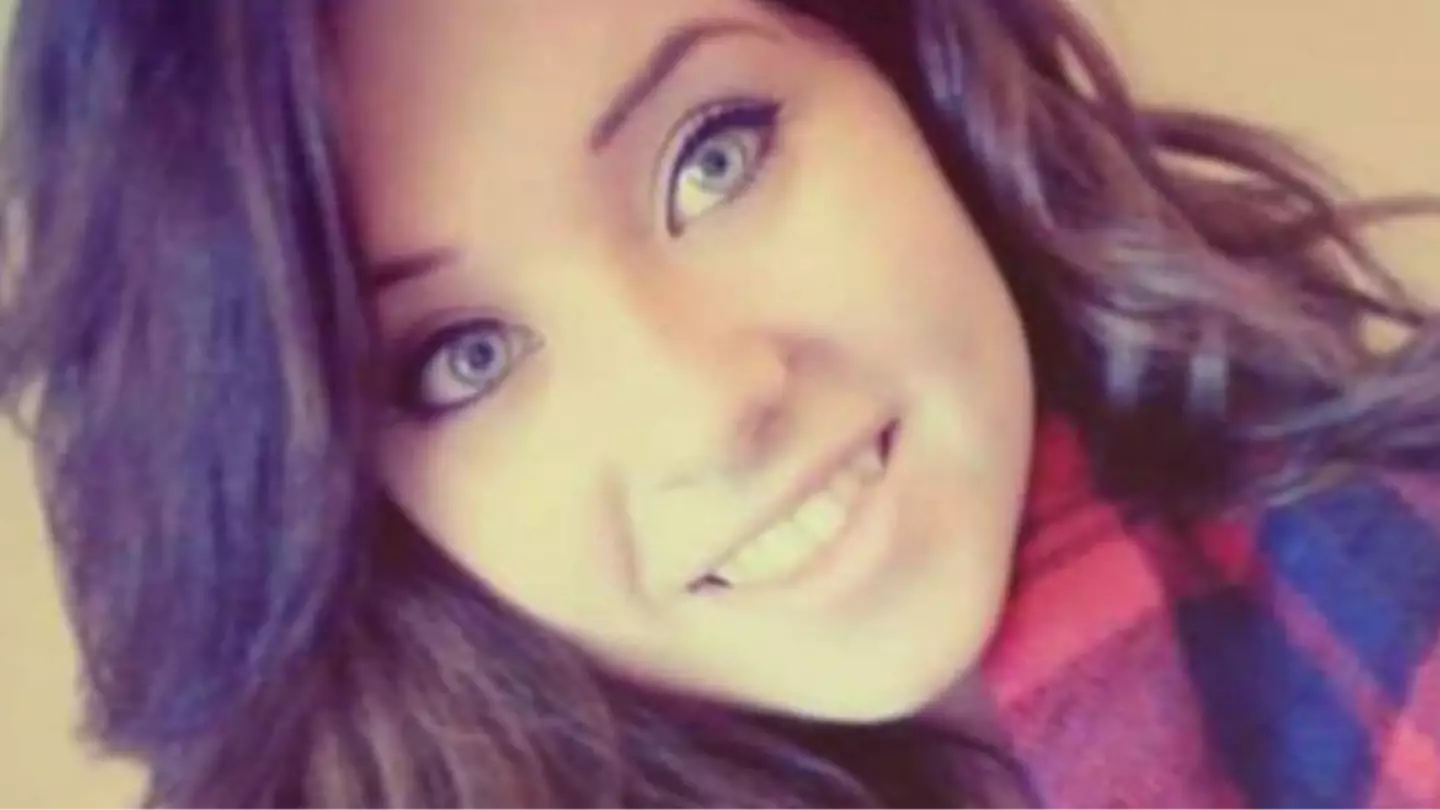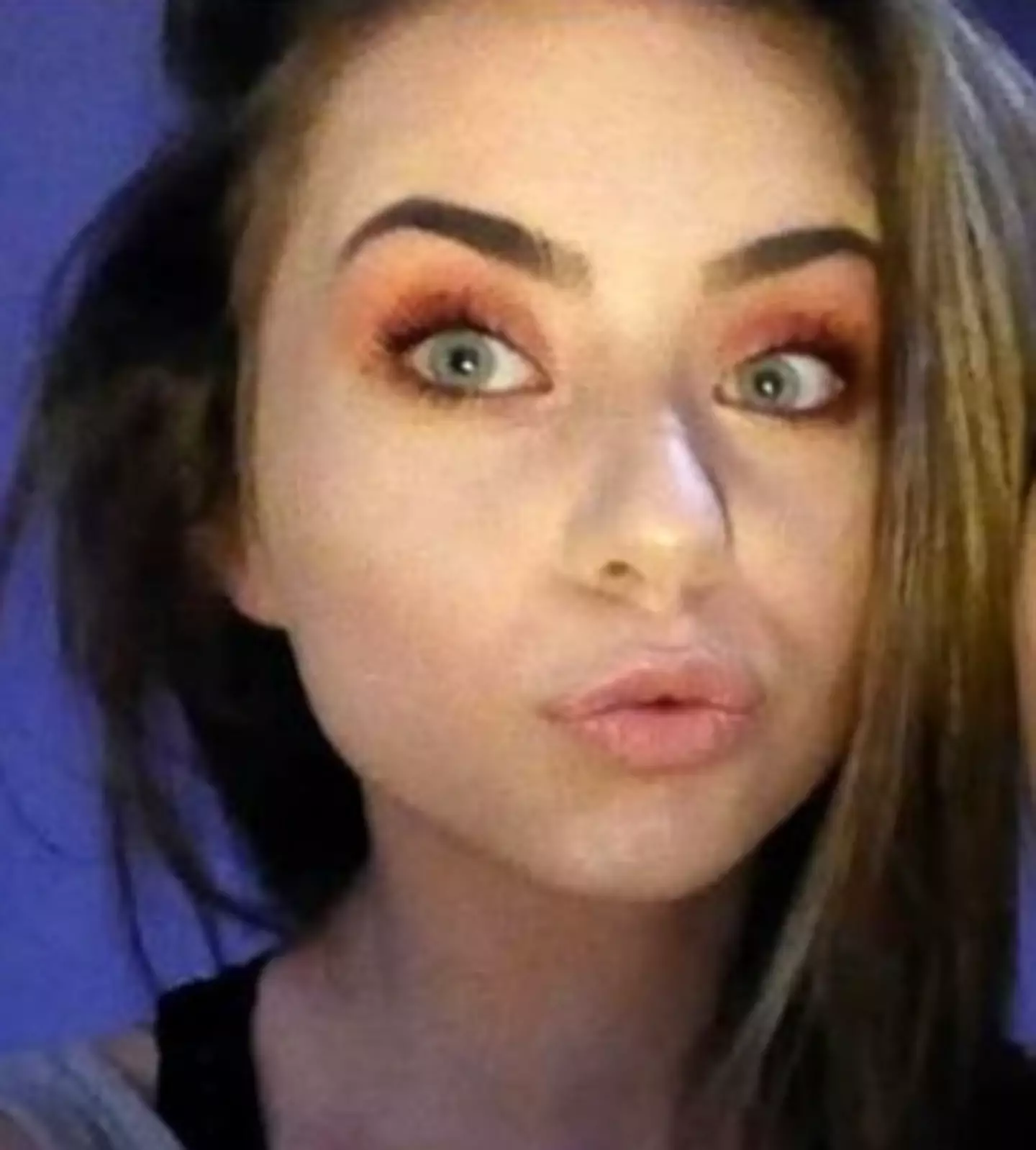
Topics: UK News, Mental Health, Artificial Intelligence
Warning: This article contains details that some readers may find upsetting
The remains of a 'beautiful and talented' young woman were tragically found more than a year after it is believed she passed away.
Charlotte Leader, from Greater Manchester in the UK, was found dead under her duvet in bed on August 5, 2025, when cops descended on her apartment in Bolton to perform a welfare check.
During an inquest into her death, the coroner heard how the 23-year-old had distanced herself from family and loved ones for some time before her passing, only appearing to converse with OpenAI's artificial intelligence bot, ChatGPT.
Advert
It was her last conversation with the chatbot, dated July 30 2024, that gave authorities a rough estimate for when she died, as Dr Andrew Coates, a pathologist at Royal Bolton Hospital, said her remains were 'difficult' to examine due to her 'mummified' state to the court.
Charlotte's mom, Chantay Simm, revealed she had not had contact with her daughter since September 2021, with the family's efforts to track down the young woman proving 'impossible.'

Neighbors also told officers they would never see her leave her flat.
Assistant Coroner Stephen Teasdale revealed to the court that Charlotte had a long history of having 'suffered from mental health issues.'
"In time, she becomes a stranger from the family, she pushes people away, and she disengages from the mental health services as well," he said as he revealed she had refused a mental health appointment in 2022 and had no further contact with such services.
Mr Teasdale also said there were 'no illicit drugs' in her vicinity or at the scene, while her personal diaries contained nothing to 'suggest that as a problem.'
Caroline Calow also revealed to the court that her sister had struggled with various eating disorders, including bulimia, from a young age.
Her sibling also said the flat contained no 'medication' and appeared to be the home of 'someone who cares' rather than 'the flat of someone who had given up.'
Detective Inspector Paul Quinn said her apartment appeared 'sparsely furnished' yet 'immaculately clean,' aside from the 'large volume of letters' by her front door and rotten food with sell-by dates of July 2024.

He added that there was 'no suggestion she intended to take her life, or anything to suggest she would do anything untoward.'
DI Quinn further revealed that the only conversations Charlotte had on her cellphone were with ChatGPT, with her last message on July 30 last year reading: "Help me, I've went and got food again."
The bot replied: "You sound conflicted about having food," to which she wrote back: "It's food that I didn't want and that's frustrating."
The cop continued: "There were others all in the same context – there's no conversations with anybody, her only contact was with ChatGPT."
While Dr Coates said it was not 'unreasonable' for her body to appear so decomposed over the course of a year from underneath her duvet, Mr Teasdale concluded the inquest with an open verdict, citing insufficient evidence to ascertain a cause of death.
Charlotte's grief-stricken family have also paid tribute to her, describing her as a 'very beautiful and talented young woman.'
"Her many talents were playing the guitar and keyboard and she also had a love for art. She was loved tremendously by the family and will be missed every day," they added.
If you have been affected by any of the issues in this article and wish to speak to someone, contact National Association of Anorexia Nervosa and Associated Disorders (ANAD). You can reach them on their free hotline at 1(888)-375-7767, which is open Monday-Friday, 9am-9pm CST.
If you or someone you know is struggling or in crisis, help is available through Mental Health America. Call or text 988 to reach a 24-hour crisis center or you can webchat at 988lifeline.org. You can also reach the Crisis Text Line by texting MHA to 741741.